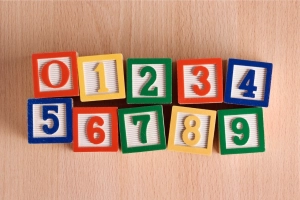Focused Learning
At ONE Intervention, we maximise the learning potential of our students through the focused learning of specific skills, goals, and activities during our lessons. Our carefully curated daily schedules have activities tailored to allow students to explore and develop their individual talents.
For example, we engage our students in Mathematics through exciting games such as block play. We teach them literacy through group read-aloud sessions using books and puzzles specific to their developmental level.


The activities are chosen precisely to aid our children in reaching new developmental milestones and to address individual needs identified during ongoing sessions. Hence, our targeted approach ensures that the students’ learning is purposeful and the effects of playtime is maximised.
By tailoring our activities to each child’s developmental stage and needs, Q-Pulse guarantees a personalised learning experience. This optimises the progress for all of our learners so they are set up for success.
Through focused learning, we promise to foster a supportive environment that encourages academic, emotional and holistic growth.
Structured Tabletop Learning
Structured Tabletop Learning is a focused learning approach used in early childhood education and intervention settings. At its core, its key component is carrying out specific activities at a specific designated area to target developmental goals in a child.
Trusted by expert educators and therapists, this method of learning creates a focused, engaging learning environment which promotes your child’s holistic growth.
Orton-Gillingham Approach
The Orton-Gillingham Approach (OG Approach) is a focused learning approach that emphasises on literacy, particularly in reading and spelling. This structured, multi-sensory approach was originally developed to help children with dyslexia.
However, the OG Approach is flexible. Hence, it is currently adapted to help a wide variety of learners who struggle with language processing.


